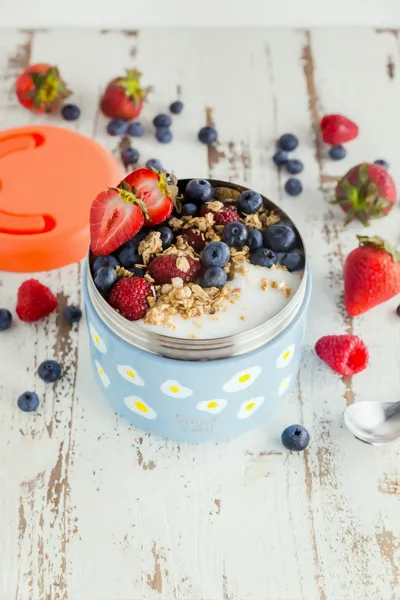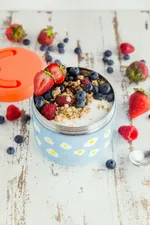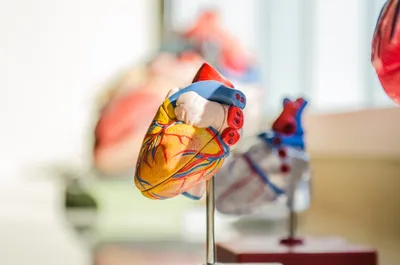
The Importance of Hydration in Daily Life
Staying hydrated is crucial for maintaining overall health and well-being. Our bodies are composed of approximately 60% water, making it vital to various physiological functions. Proper hydration aids in digestion, nutrient absorption, temperature regulation, and toxin elimination. Despite its importance, many adults do not meet their daily hydration needs.
How Much Water Do You Need?
The general guideline is to drink at least eight 8-ounce glasses of water daily, known as the 8x8 rule. However, individual hydration needs can vary based on factors such as age, activity level, climate, and overall health. Listening to your body's signals, such as thirst and urine color, can help you gauge whether you're adequately hydrated.
Ways Hydration Enhances Nutritional Intake
Hydration plays a key role in effective nutrient delivery and absorption. Water helps transport nutrients to cells, supports metabolic processes, and ensures the proper function of the digestive system. Without adequate hydration, the efficiency of these vital processes diminishes.
Improving Digestion and Absorption
Water is essential for breaking down food, enabling nutrients to be absorbed more effectively. It aids in the digestion of soluble fibers, preventing constipation and promoting regular bowel movements. Drinking water before and during meals can also help facilitate smoother digestion.
Metabolism and Energy Levels
A well-hydrated body supports optimal metabolic function. Dehydration can lead to decreased energy levels, making it difficult to engage in physical activities necessary for maintaining a healthy metabolism. Ensuring proper hydration can help sustain energy levels and promote an active lifestyle.
Tips for Staying Hydrated Throughout the Day
Incorporating hydration into your daily routine doesn't have to be challenging. Here are some practical tips to help you stay hydrated:
- Carry a reusable water bottle with you throughout the day.
- Set reminders on your phone or use a hydration-tracking app.
- Include water-rich foods in your diet, like fruits and vegetables.
- Drink a glass of water before and during meals.
- Opt for herbal teas and infusions as hydrating alternatives to caffeinated beverages.
Conclusion
Understanding the connection between hydration and nutrition is vital for achieving optimal health. By ensuring you meet your body's hydration needs, you can enhance nutrient absorption, support digestive health, and maintain energy levels for an active lifestyle. Start incorporating these hydration habits into your daily routine to experience the benefits of a well-hydrated body.
Top Adult Health Articles
Check out the most popular articles among our readers, featuring trusted advice and actionable insights on adult health.



Related Posts
View All
Building Emotional Resilience: How to Thrive in the Face of Adversity

Top Foods for Optimal Dental Health

